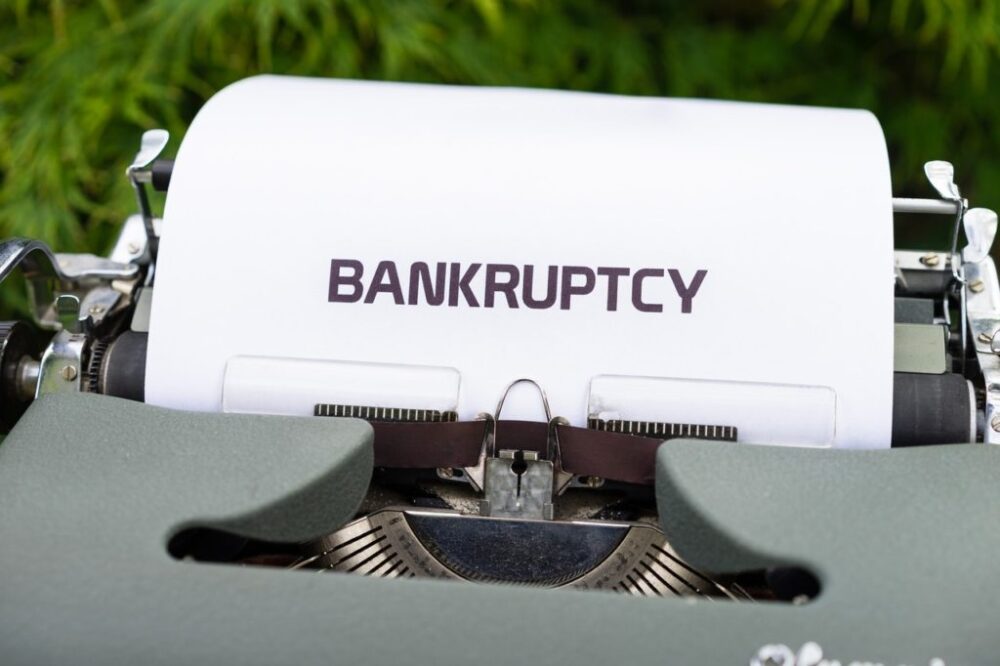There should be more to life than an ongoing struggle for financial security. If you are struggling to pay your monthly bills, you may be thinking about filing for bankruptcy. Before you do, you should have as much information as possible.
Here are three surprising facts about personal bankruptcy you may not know.
1. Bankruptcy allows you to keep certain assets
If you are trying to put your financial affairs in order, you should explore the ins and outs of both Chapter 7 and Chapter 13 bankruptcy protection. While Chapter 7 bankruptcy requires you to part with some assets to pay your outstanding debts, you are not likely to lose everything.
Chapter 7 bankruptcy has many exemptions. If you take advantage of these, you may be able to keep the items that mean the most to you. With Chapter 13 bankruptcy protection, by contrast, you reorganize your debts and create a payment plan. Consequently, you can probably retain ownership of certain assets with either type of filing.
2. Bankruptcy is more common than you probably think
Personal bankruptcy filings peaked in 2005 and rose again after the financial crisis of 2008. Even today, bankruptcy is more common than you probably think. In fact, in 2018, just under 800,000 Americans took advantage of bankruptcy protections.
3. Bankruptcy may improve your credit score
To secure a mortgage, car loan or other types of financing, you need a decent credit score. While a bankruptcy filing may cause your personal credit rating to take an initial hit, it may also result in an eventual improvement.
When you declare bankruptcy, you discharge many delinquent debts. This may improve your debt-to-income ratio, which a major component of your credit score.

